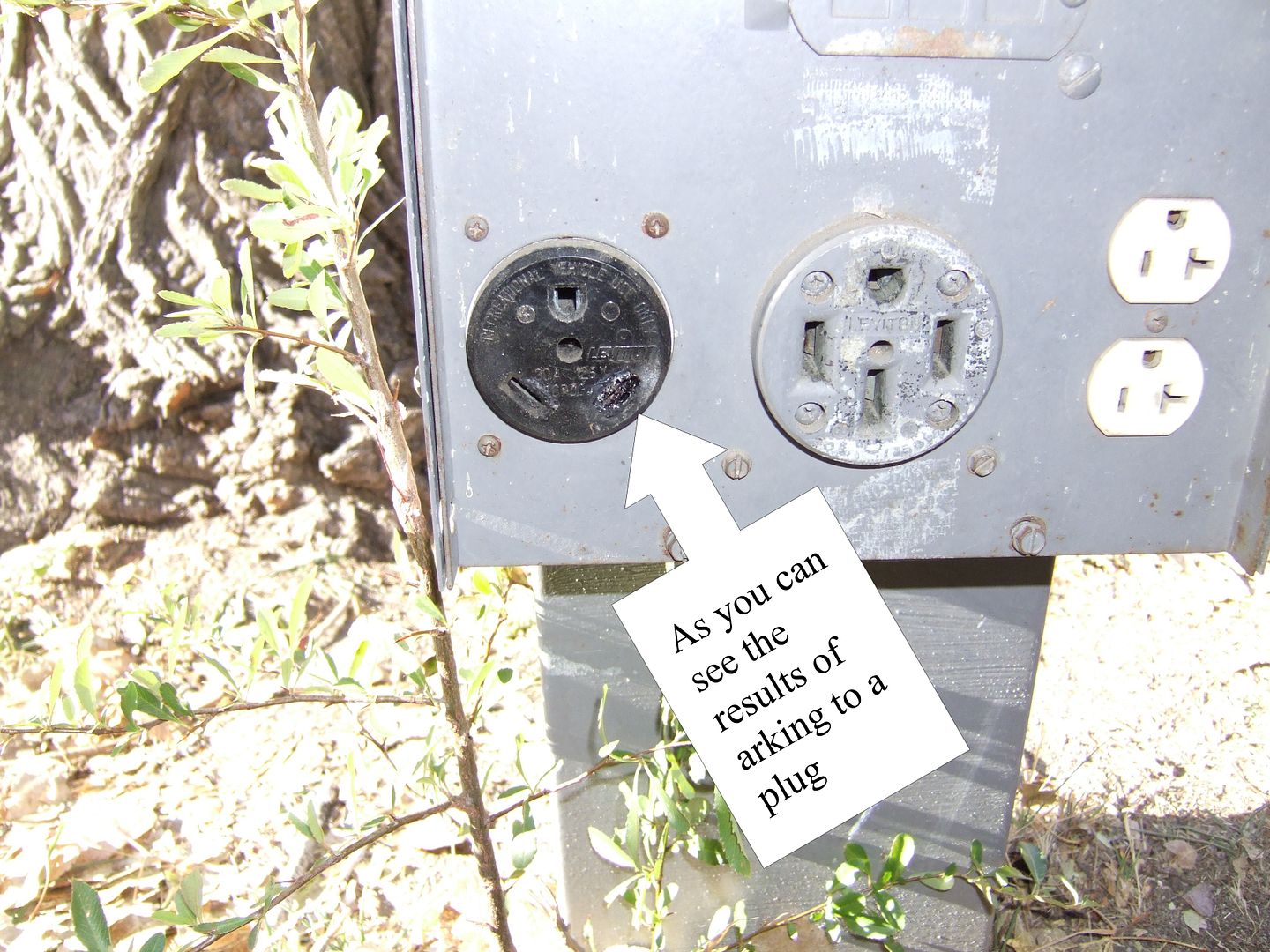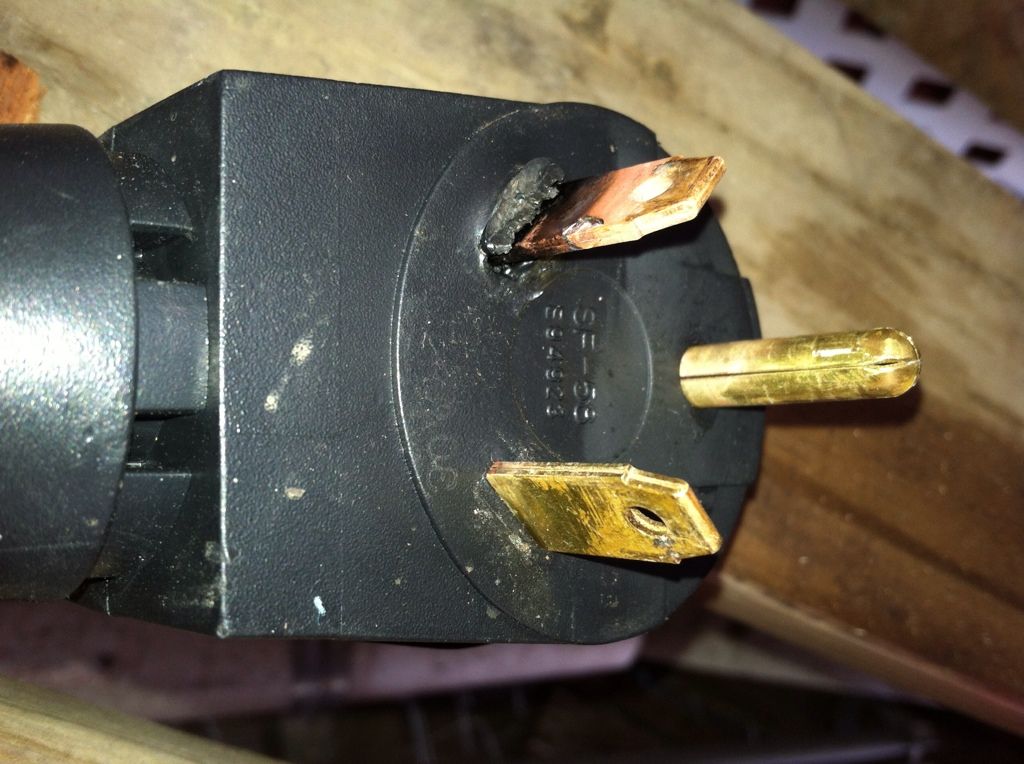scbwr
Mar 27, 2016Explorer II
Use a 50 amp adapter instead of 30 amp service?
We're at a RV park near Jekyll Island, GA and as usual, for our 30 amp travel trailer, we were plugged into the 30 amp outlet with our Progressive Industries PT30C in use. The breaker tripped and we were in the dark. I went out to the power post and could not get the 30 amp breaker to reset, so I got out my 50 amp adapter and that solved the problem. At the time of the breaker tripping, the AC was running and the electric hot water heater was on and heating after I took a shower.
The following morning, I went to the office and ended up speaking with the owner. He came over, and was able to reset the breaker...I wasn't using enough pressure to force the breaker to reset. But, here is where my question evolves. He said that the newer 30 amp breakers that he is required to use by law tend to trip much more easily than the older breakers and he said that because of that, it is better to always use the 50 amp adapter. Does anyone have any experience or comments about this advice?? I know the adapter simply draws power on only one of the spades, so I don't see any reason not to use the adapter, but just wondering if anyone else has received this advice or uses the 50 amp adpater rather than plugging into the 30 amp service.:@
The following morning, I went to the office and ended up speaking with the owner. He came over, and was able to reset the breaker...I wasn't using enough pressure to force the breaker to reset. But, here is where my question evolves. He said that the newer 30 amp breakers that he is required to use by law tend to trip much more easily than the older breakers and he said that because of that, it is better to always use the 50 amp adapter. Does anyone have any experience or comments about this advice?? I know the adapter simply draws power on only one of the spades, so I don't see any reason not to use the adapter, but just wondering if anyone else has received this advice or uses the 50 amp adpater rather than plugging into the 30 amp service.:@


